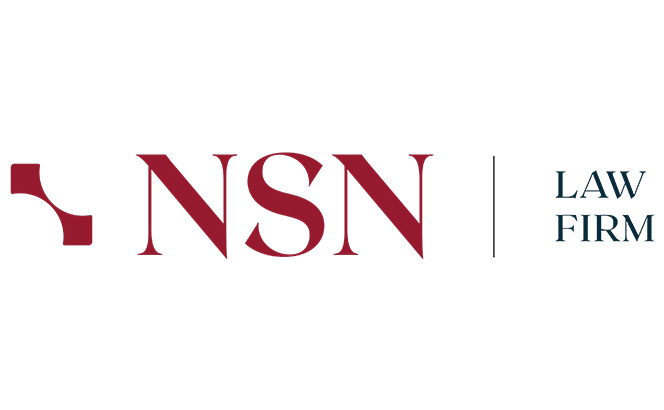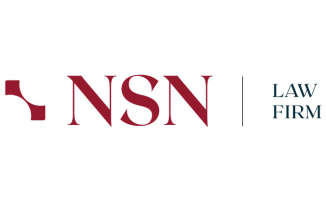Simge Şahin, a partner of NSN Law Firm, reviews the final court order of Istanbul Anatolian 1st Intellectual Property Court regarding the non-use cancellation of a registered trade mark that was being used for a temporary period in Turkey
Article 9 of the Turkish Intellectual Property Code (the IP Code) regulates that a trade mark shall be revoked if it has not been put into genuine use in Turkey by the trade mark holder for the goods or services within the registration scope within a period of five years following the date of registration (or where such use has been suspended for an uninterrupted period of five years), unless there are proper reasons for its non-use.
When a third party files a non-use cancellation against a registered trade mark, the trade mark holder is required to prove the use of the trade mark for the registered goods and services with solid evidences or the existence of proper reason for its non-use. A simple proof of use is not sufficient alone to overcome a revocation, a trade mark holder must prove the genuine use of the registered trade mark. The law does not provide the details of a genuine use. There are some criteria evaluated by the courts, eg, the volume of the uses that vary depending on the type of goods and services subject to use requirement, the time period. As regards to the criteria of time period, the First Anatolian Intellectual Property Court of Istanbul rendered a landmark decision relating to the revocation of a registered trade mark and in particular whether temporary use of a trade mark for a six-month period prior to the revocation request could constitute mere token use rather than the genuine use as required by law.
According to article 26(4) of the IP Code, if the use has been carried out to overcome a potential revocation request, the use carried out within three months prior to the submission of the revocation request to the court shall not be taken into consideration. However, it is not certain what happens if the use is carried out longer than three months before the revocation request, but still, it was carried out temporarily.
In the subject case, the trade mark became vulnerable for non-use on 18 October 2017 and a revocation action was filed on 16 April 2018. The trade mark holder submitted invoices regarding the sale of DVD products by reference to the trade mark on a popular online sale platform, which had begun more than three months prior to the date of the revocation action. The plaintiff argued that the trade mark holder had only used the trade mark during the six months prior to the vulnerability date of its trade mark in order to avoid revocation, so it should not constitute genuine use.
The trade mark holder had submitted a proof of use in a considerable volume and the uses were carried out longer than the last three months preceding the action as set out in the legislation. However, the court revoked the trade mark due to non-use. The court stated that the evidence did not demonstrate an active and genuine use of the trade mark even if it was proven that the trade mark had been used for online sales during a period of six months prior to vulnerability of the trade mark. It was notable that the sales of the DVD products relied upon all occurred in a short time period that was close to the vulnerability date; and as such, those sales would be deemed as mere token use in order to prevent the revocation of the trade mark.
Although the law only excludes the uses carried out within the last three months prior to the action date, the court took a broader view and held that even if the use extends beyond the subject three months period, the evidence should point to the real commercial presence of the trade mark in the relevant market rather than a mere token use that was carried out for avoiding a non-use cancellation of a trade mark.
The finalised court order shows that trade mark holders should demonstrate the use of the trade mark for a permanent time period along with a considerable amount of use. From the plaintiffs’ perspective, who aims to obtain the cancellation of a trade mark which constitutes an obstacle for its registration and/or uses based on a prior registration, it would also be important to consider whether the use continued after the action date, since uses which do not continue after a certain time, may also indicate mere token use, rather than genuine use.
For more information, please contact:

Simge Şahin, Partner
E: simge.sahin@nsn-law.com
NSN Law Firm
Altunizade, Burhaniye Mah.
Atilla Sok. No:6
Üsküdar/Istanbul, Turkey
www.nsn-law.com















